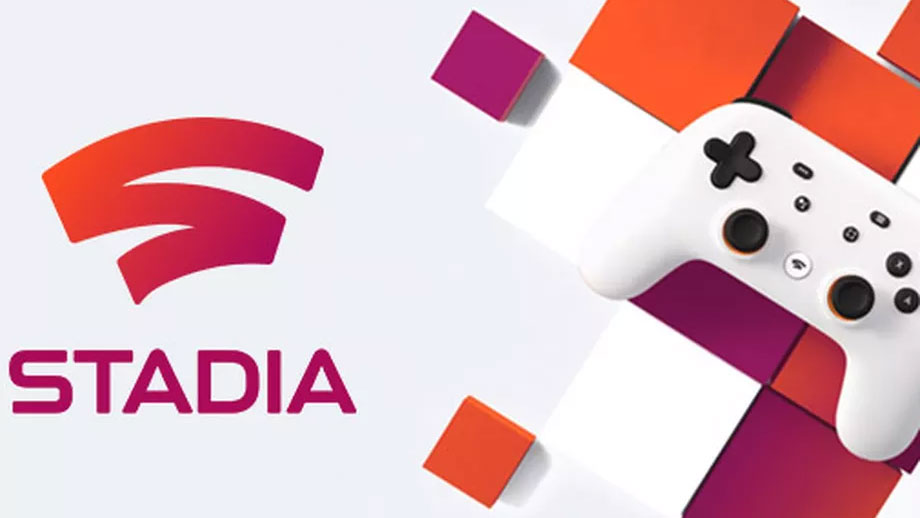Google’s flagship cloud-streaming video game service Google Stadia officially launched today for audiences around the world. According to early reports: It works.
However, that seems to be about the breadth and length of its desirability at the moment.
Google Stadia’s premise is that it will allow anyone to play big-budget, high-fidelity graphics games without the need for a high-end PC. It does this by running and rendering the game in the cloud and then streaming the result to the end-user on whatever machine they’re on.
“We’re now on the cusp of a similarly memorable moment,” said Phil Harrison, vice president and general manager of Google Stadia. “Starting today, playing games on your TV in 4K without a console, streaming games to a Chrome browser on a simple laptop, or enjoying the biggest games ever made on your phone is a reality. It seems impossible until you experience it.”
Currently, the platform operates as expected, but it’s not exceptional. It provides a clear picture, good gameplay and allows for seamlessly transitioning between a phone screen and a computer. It requires solid bandwidth and a good Wi-Fi router to keep it stable.
Today, Stadia is available for a one-time purchase of $130, plus $10 a month (after a 3-month trial period), plus $20 to $30 per premium game on the service.
One early disappointment with Stadia has been its poor lineup of launch games, of which there are only 22 — these games include titles such as Destiny 2, Red Dead Redemption 2, Final Fantasy XV, and Mortal Kombat 11.
The pack comes with a Chromecast Ultra dongle for “4K” resolution with high dynamic range, a wireless Stadia controller (similar to an Xbox One controller) that only works with the Chromecast. It is also possible to stream on Google Pixel phones at “1080p” resolution with a controller clip or USB-C cable, or via Chrome web browsers with any wired gamepad or mouse.
Sometime in 2020, Google Stadia will become a free service, where users will only pay for the cost of games. This will include 44 confirmed titles including Cyberpunk 77 and possibly Bauldur’s Gate III.
For the moment, Google Stadia users will most likely be stuck at home — or with Wi-Fi at least — as it does not work with LTE cellular networks.
Google Stadia will compete against Sony’s PlayStation Now, the Xbox App, and Nvidia GeForce Now cloud-based game streaming services going forward.
As an offering, and with 4K and 1080p capability, it does add another opportunity for consumers to get game streamed to them and that’s a good thing for the market — but the equipment requirements might be a turn-off for most.
“Despite the convenience and low price of Google Stadia, it’s not ‘the ideal console’ for casual gamers,” Jessica Rovello, chief executive and founder of NYC-based gaming studio Arkadium, “because it requires a high-speed internet connection, gobbles up mobile data, and requires additional hardware (a controller & sometimes Chromecast).”
For developers, she believes that Google’s has yet to provide information on payment and data models for published games. What Google decides will have an impact both on developers and consumers.
“Similar to Apple Arcade, developers catering to Google rather than players is a dangerous direction for the industry,” Rovello said. “Also, Google has not detailed what revenue models/contracts look like or who owns the game data stored on the cloud.”
As for consumers, Rovello led with thoughts on how their data might be used by such as service.
“Privacy should be a major concern for Stadia users—Google gathers more personal data than Facebook does and Stadia is another avenue for them to do so,” Rovello added. “Furthermore, the Stadia controller has a microphone in it.”
As a launch, Google Stadia looks good, functions well, and provides a service exactly as described. Its lackluster at-launch game lineup is something that it can survive — as users onboarding right now will be early adopters — but the high-speed Internet and strong Wi-Fi requirements coupled with the proliferation of data caps across countries such as the U.S. will probably be problematic for adoption.
All these gloomy clouds over Stadia’s launch, however, need not dampen the excitement for the service as Google has published a roadmap that will add features and continue to develop out the service going forward.
“On the bright side,” Rovello said, “streaming is the future of this type of gaming and Google is ushering in a new era, whether or not Stadia succeeds.”


Recent Comments